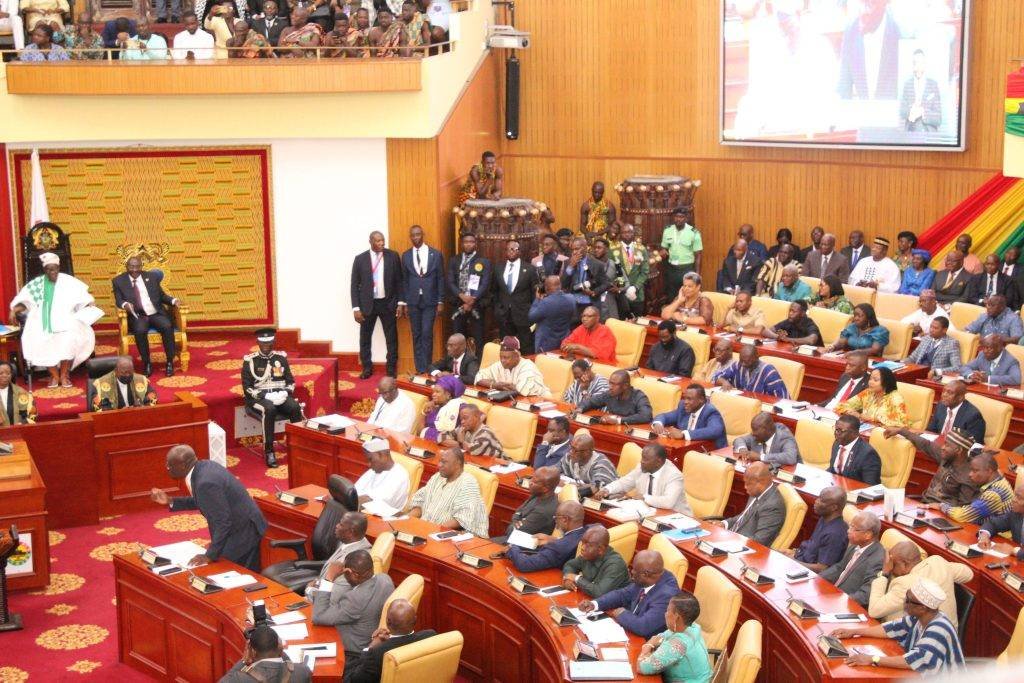
Key fiscal risks likely to plague government’s recovery efforts include weak revenue performance, pressure from compensation of employees and increasing energy sector payments.
Captured vividly in the September 2025 Monetary Policy Report by the Bank of Ghana, the report said concluding the remaining external debt restructuring negotiations may create potential short-term external payment challenges.
According to the central bank, this may have implications for the domestic currency.
While the public debt profile has benefitted from the local currency’s appreciation, recent depreciation may claw back some of the gains.
Exchange rate management has been a pillar of the central bank’s stabilisation strategy. The BoG maintains a flexible exchange rate framework but intervenes selectively to smooth volatility.
According to Dr. Asiama, market interventions are not intended to defend a specific rate but ensure orderly market conditions.
For instance, between July and August 2025 several large, one-off external payments – including bond redemptions and arrears linked to the domestic debt exchange – required the central bank to provide temporary liquidity support.
The cedi’s over-21 percent year-to-date appreciation, coupled with improved liquidity, reflects the gains from this approach.
To safeguard financial stability, the Bank of Ghana is reinforcing prudential oversight. The Capital Adequacy Ratio has risen to 17.7 percent while the industry’s non-performing loans ratio has declined to 20.8 percent, still high but showing improvement.
The next phase of Ghana’s recovery depends on collaboration between the central bank, fiscal authorities and the banking sector.
Sustaining exchange rate stability, expanding credit to productive sectors and strengthening FX sourcing requires what he describes as “shared responsibility”.
Consequently, the central bank is urging banks to promote export-oriented financial products, support agribusiness and SMEs and comply with domestic insurance and regulatory requirements to reduce FX leakages.
These measures, combined with transparent FX operations and disciplined liquidity management, form the basis of the country’s post-crisis policy framework.
Inflation control, through disciplined liquidity management and close fiscal coordination, has been the central theme of the Bank of Ghana’s policy agenda.
The post Editorial: Debt restructuring remains a key fiscal risk appeared first on The Business & Financial Times.
Read Full Story

















Facebook
Twitter
Pinterest
Instagram
Google+
YouTube
LinkedIn
RSS